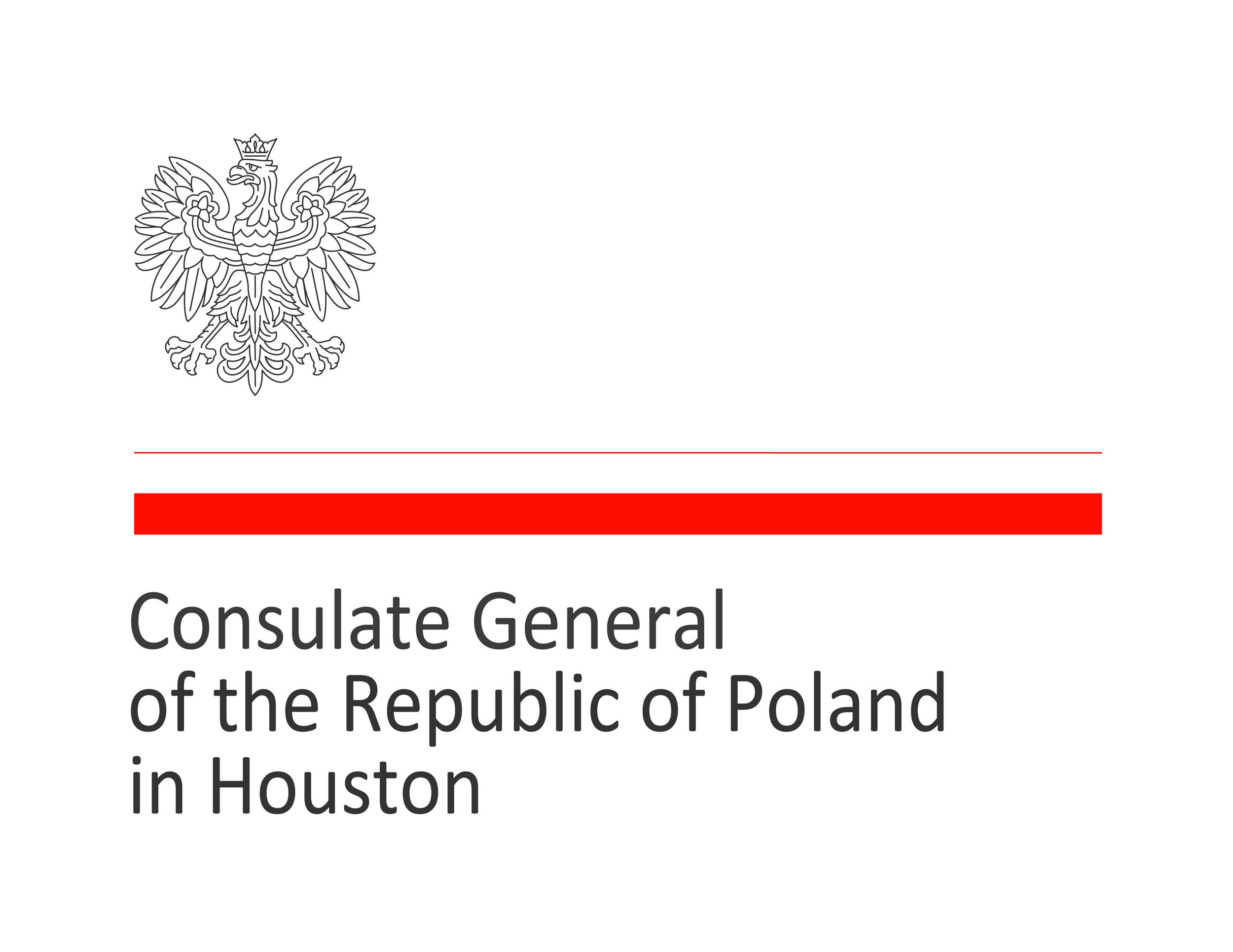Feast of Fire - A Film about Happiness, Ambition, and Secrets
/A conversation with director Kinga Dębska, conducted during the 48th Polish Film Festival in Gdynia.
Feast of Fire
A Film about Happiness, Ambition, and Secrets
Joanna Sokołowska-Gwizdka: During this year's festival in Gdynia, your latest film, adapted from Jakub Małecki's novel, qualified for the main competition. What inspired you in the book to bring it to the screen?
Kinga Dębska: The journey began when the producer, Piotr Dzięcioł, reached out with the offer. While I generally lean towards crafting films from my own scripts, I thought, "If you have this book, send it to me." At that time, I was in Zakopane, recuperating from a harsh bout of COVID. After reading it, I felt as though I'd received a story that demanded to be told.
Considering your previous films and their thematic undertones, which significant social issue is underscored in this film?
Kinga: This film is complex, akin to a box of chocolates; its essence is hard to encapsulate in a single theme. It's undeniably about happiness and the universal right to it, including for the disabled. The narrative touches upon movement and stillness, ambition, advocacy for oneself, lingering secrets from the past, and much more. To me, at its core, it's about the concept of letting go. Genuine maturity is attained when we can release ambitions that hold us back.
In the film, Anastazja, a disabled girl, communicates non-verbally. Yet, she guides us throughout the story.
Kinga: That's the essence of cinema—it offers windows into worlds and perspectives we might overlook. Here, we're granted insight into the inner realm of someone with cerebral palsy. Their life can be rich, vibrant, and they can find genuine happiness, much like our ever-smiling protagonist.
Your prior films exemplify thorough research on the subjects portrayed. Was that approach maintained here?
Kinga: Indeed. I ventured into two realms I was initially unfamiliar with before directing this film: ballet and disability. We held extensive consultations with disabled youths. We had to devise a communication system for the actress, determining her movements and demeanor. Zuzia, a perpetually smiling girl in a wheelchair, inspired our character. Both Paulina Pytlak, who played Anastazja, and I engaged with Zuzia regularly, questioning her about her emotions and happiness. It emerged that she might well be the happiest among us.
The character of Anastazja sounds like it posed a formidable challenge for the actress.
Kinga: Precisely. Paulina showcased immense dedication. To embody the physical nuances of a physically disabled person, she engaged in intensive training. Her commitment ran so deep that post-filming, she found walking challenging. Her passion profoundly impacted me. We arranged for post-filming massages to facilitate her recovery. I was also vigilant about her emotional well-being. This being her debut significant role, I'd hope she isn't pigeonholed into similar characters in the future.
Anastazja's on-screen sibling, Łucja (Joanna Drabik), is an accomplished ballet dancer.
Kinga: Yes, Łucja is associated with the Polish National Ballet. We emphasized authenticity, showcasing real ballet halls, stages, and a troupe of international dancers. Our collaboration involved the Teatr Wielki in Warsaw for dance sequences, and the ballet ensemble hailed from Opera Nova in Bydgoszcz.
"Feast of Fire" appears to emphasize determination, with both Łucja and Anastazja displaying an innate drive to overcome their physical confines.
Kinga: True. Yet, their fervor occasionally borders on excess, manifesting repercussions. It's a universal truth that overburdening our bodies has consequences.
The narrative is emotionally layered. The selfless father, portrayed by Tomasz Sapryk, emerges as a pivotal character, brimming with love and patience for both daughters.
Kinga: But he's not depicted as a martyr, and that's deliberate. Although the weight of responsibility is palpable, he remains resilient, avoiding self-pity. If professional therapy is beyond reach, he embarks on a self-learning journey.
Kinga Preis
Józefina, the neighbor played by Kinga Preis, brings a different dynamic.
Kinga: Józefina is not without her struggles. Yet, she cloaks her pain with a veneer of joy. This facade, the perennial "keep smiling" mindset, resonates deeply with me.
Your films have consistently tackled pressing societal issues. What's the takeaway you anticipate for this film?
Kinga: My aspiration is that it nudges viewers towards greater empathy. Whether addressing racial differences or disabilities, the underlying message is acceptance. In the film's denouement, everyone dances in unison—a symbolic affirmation that the world shines brightest when diversity thrives in harmony.
















